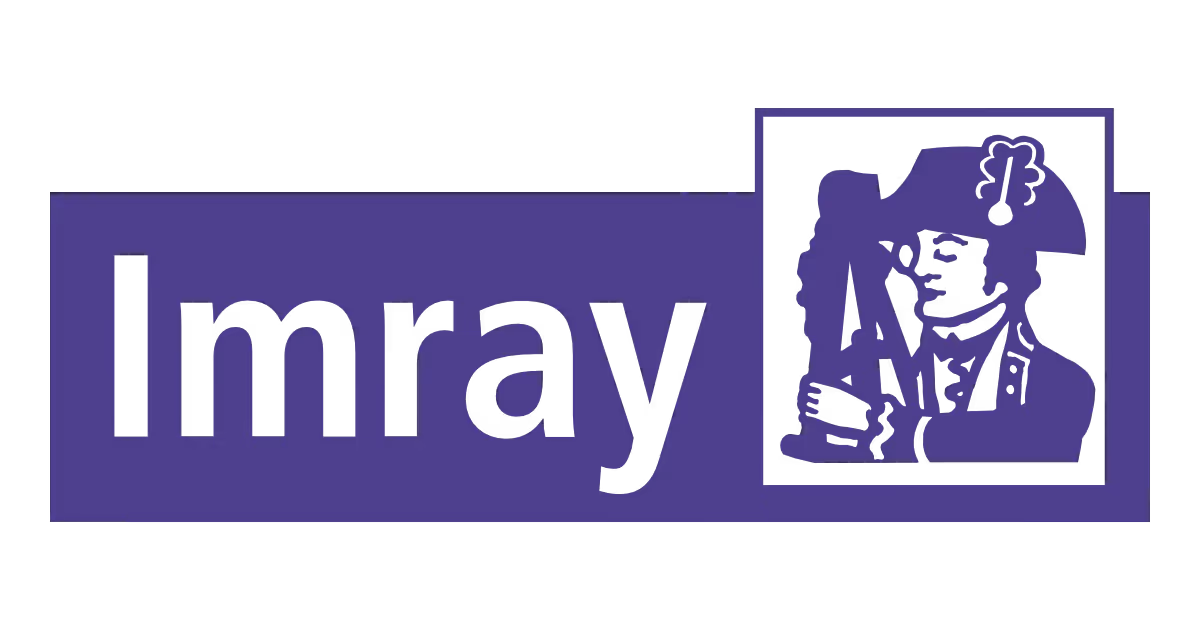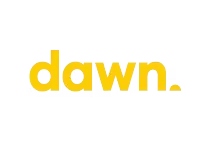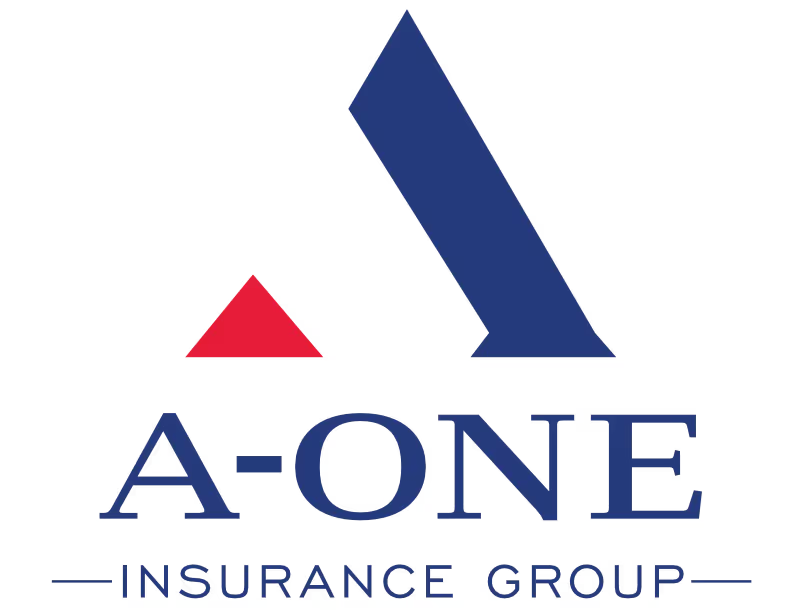Reducing complexity for care homes.
iplicit helps finance teams in care organisations manage growing complexity with ease. With clear insight into costs and performance, leaders can plan ahead, allocate resources effectively, and keep every home running smoothly.
Automation
Your team has better things to do than process paper invoices or extract information from one system and rekey it into another. iplicit’s automation capability eliminates many of the manual tasks that can be the bane of a finance team’s life, especially at month and year-end.
Cost control and budgeting
Cost control is all-important in an industry where margins are tight. With iplicit, the data you see is updated in real time - by reducing complexity and making information current, iplicit enables you to manage budgets effectively and make forecasts based on reliable data.
Secure data
iplicit stores your data safely in the cloud, with the latest security updates installed automatically while you work. It does away with the risks that come with storing data on your own premises.
Integration
iplicit integrates with the EpicCare patient records system and Fusion Care Home Management software. Our open API allows us to connect with hundreds of other systems that your team might already be using.
Fast implementation
Changing software can be dauting, particularly if you’ve spent a long time working with on-premises systems. iplicit's implementation time is weeks, not months - so disruption is kept to a minimum.
Comprehensive reporting
Make data-driven decisions with ease from a clear-cut, single version of truth.
Unified for all legal identities
A single, consolidated overview of all accounts - even across several companies or legal entities - with just one click.
Ready to transform your
finance operations?
Watch a quick 3-minute tour of iplicit or speak to our team to find out how we can help streamline your finance function.
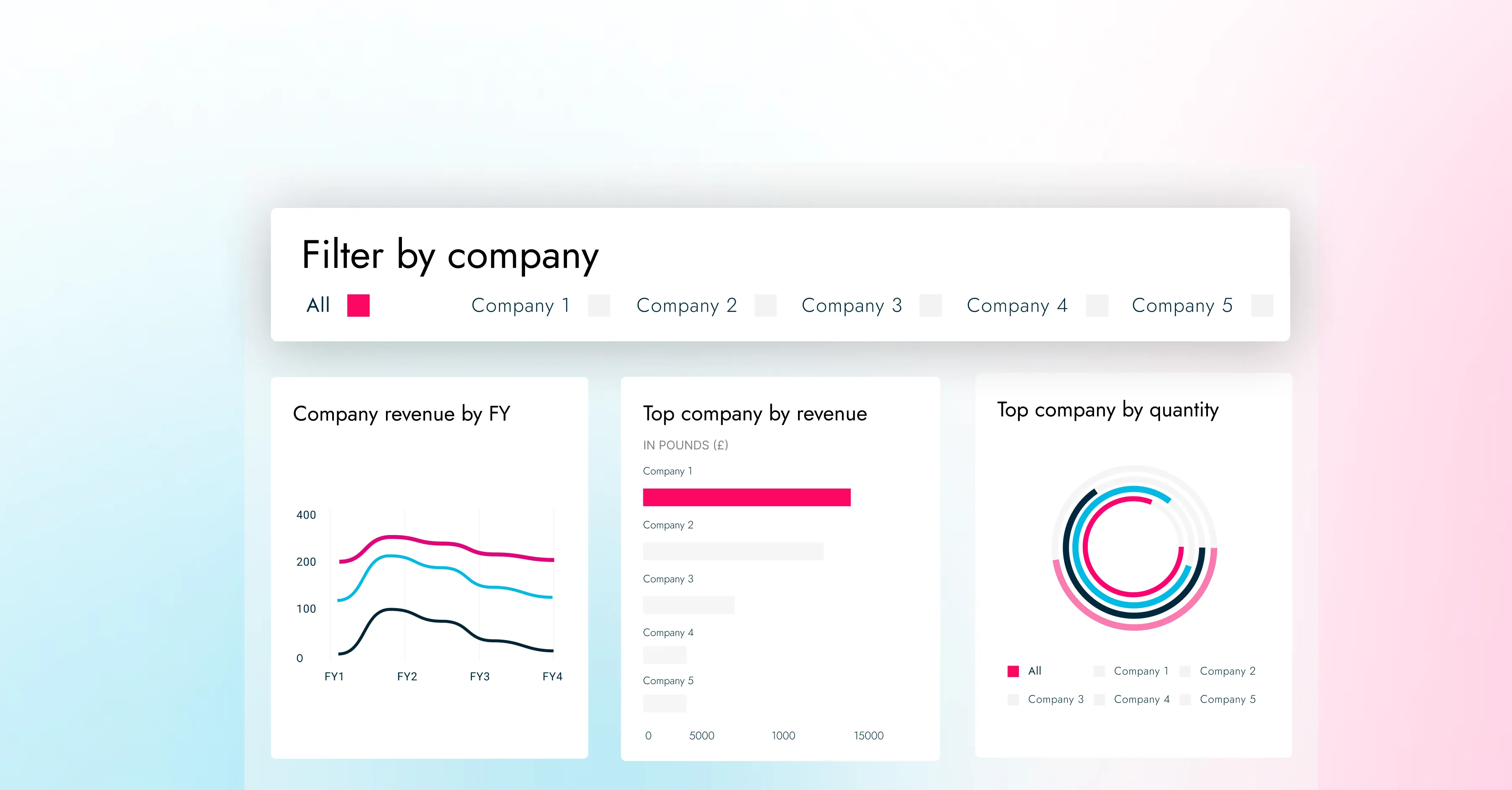
Real results, from real
finance teams.
See how organisations like yours are using iplicit to streamline operations, close faster, and make better financial decisions.
Want to see iplicit in action?
Book your demo and discover how iplicit can simplify your finance operations, automate manual processes, and give you real-time visibility - wherever you work.



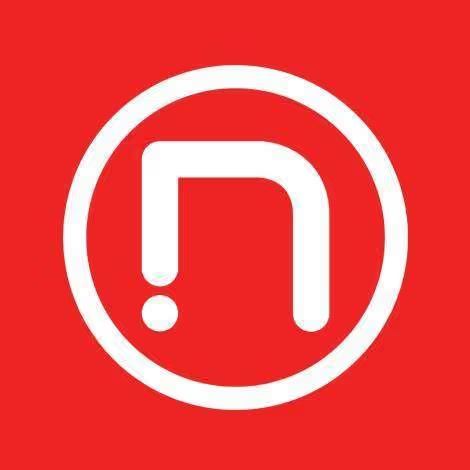
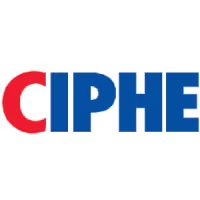
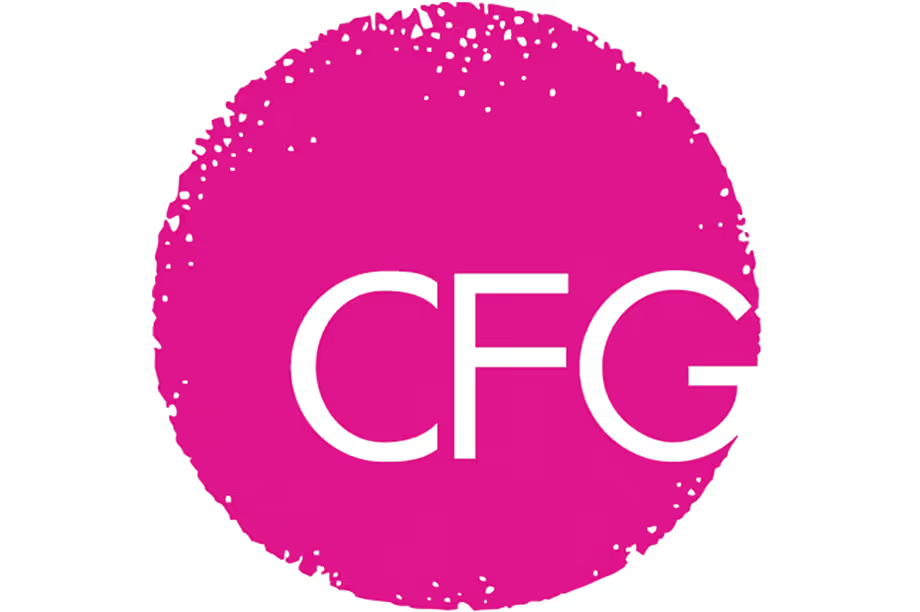


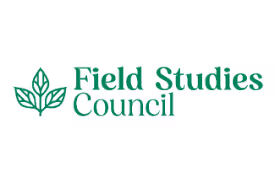





.avif)
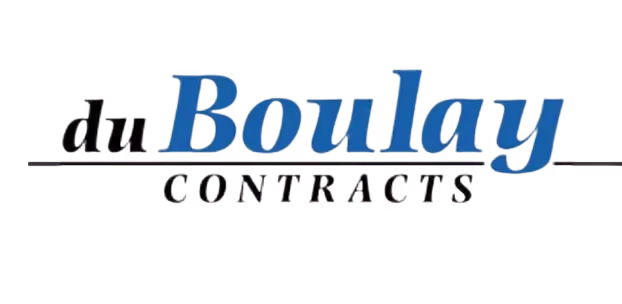

.avif)

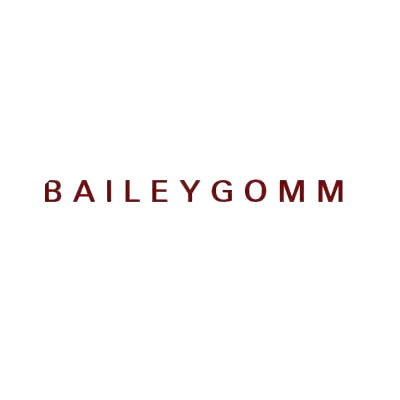
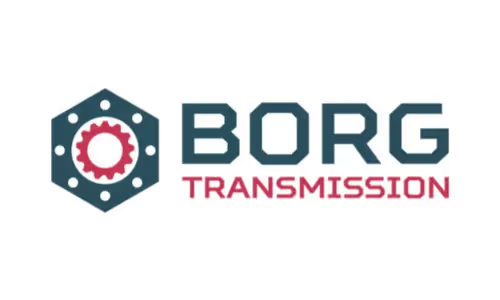

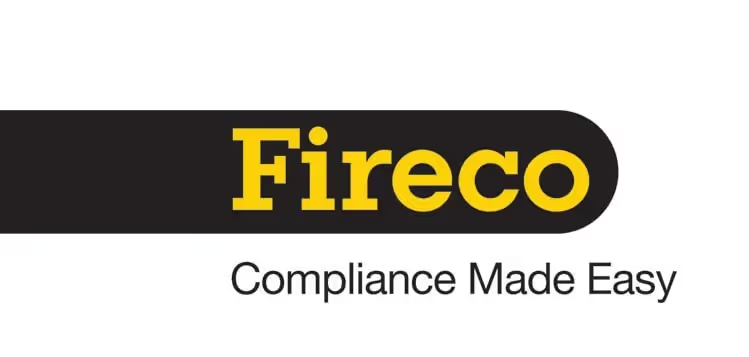



.avif)
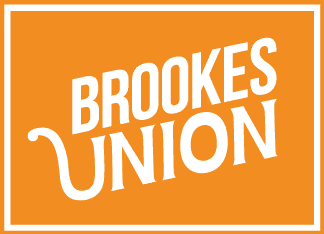
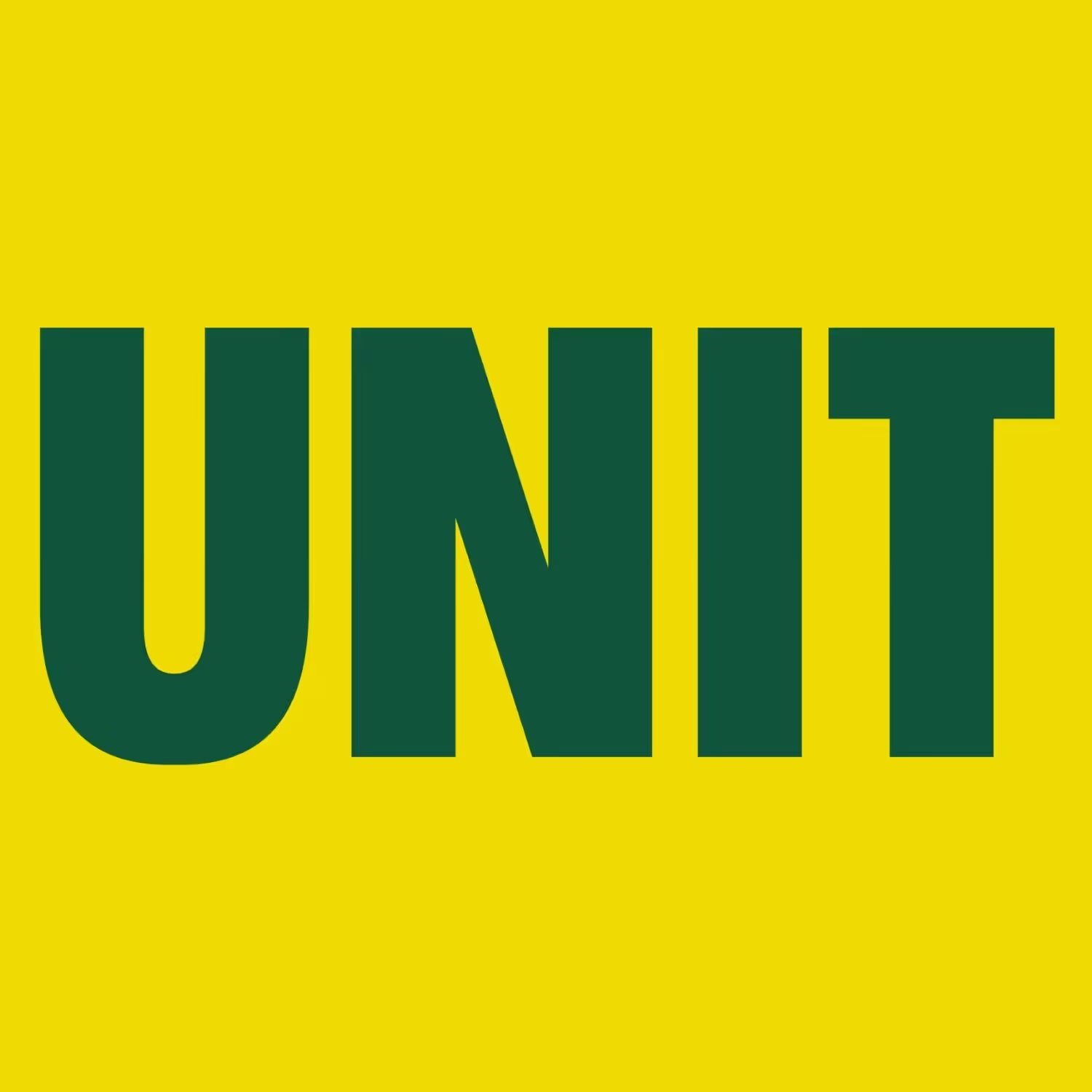
.avif)
.avif)

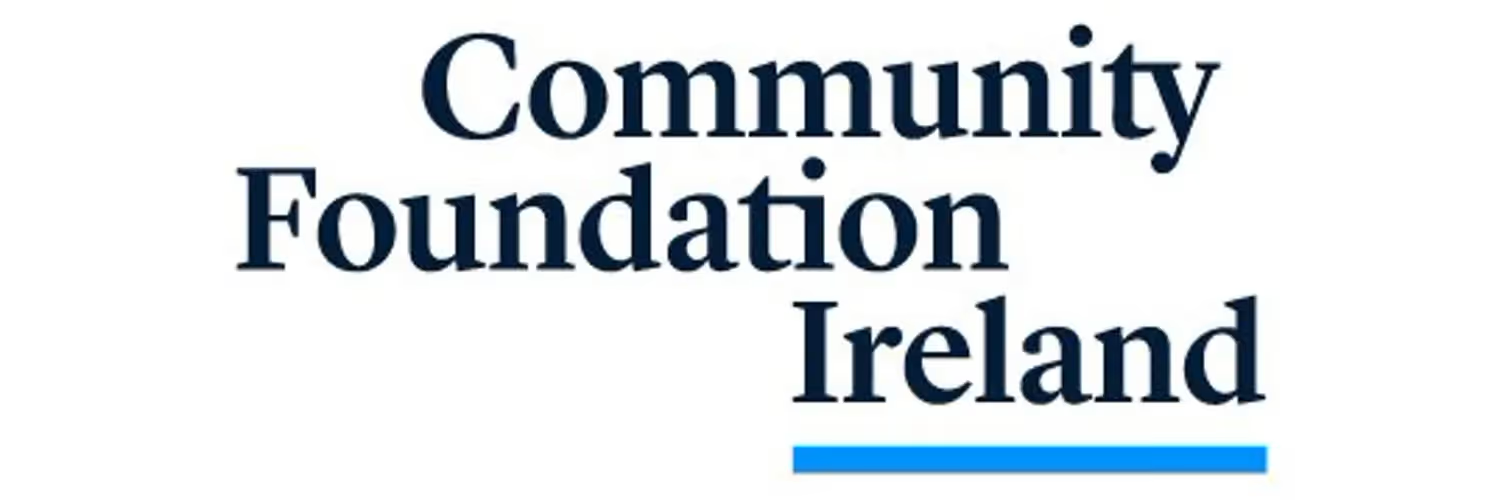
.avif)
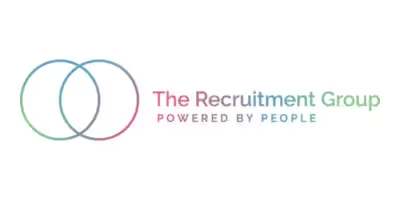

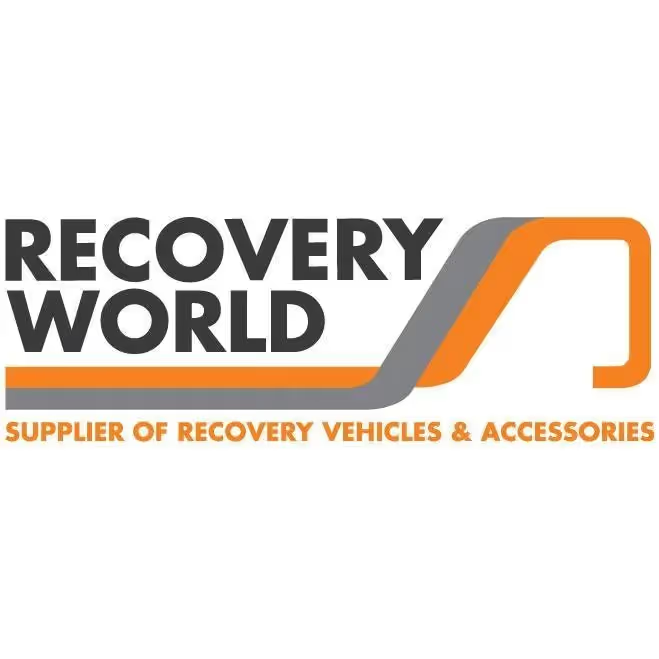

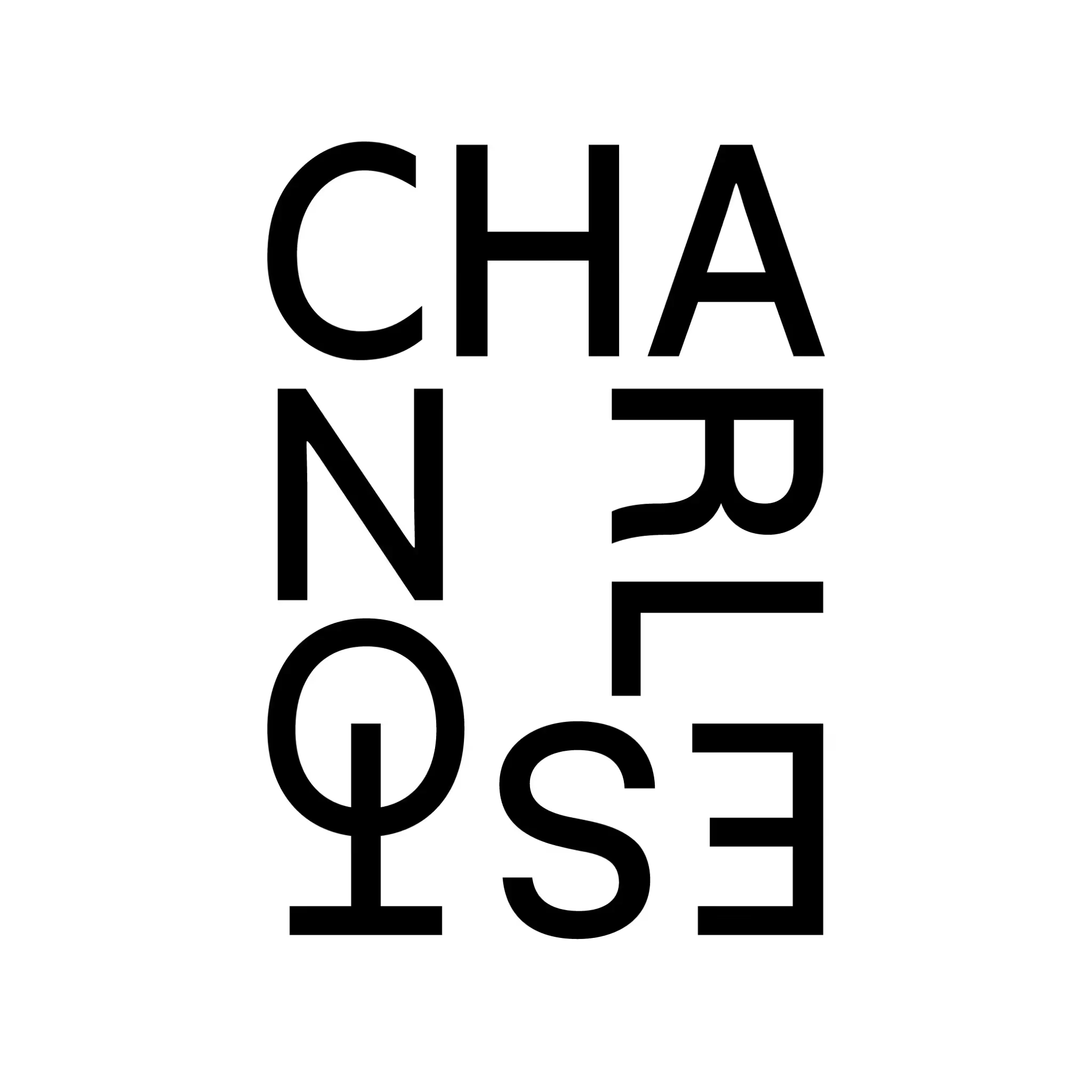




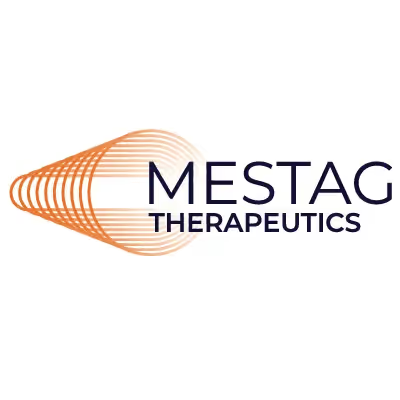

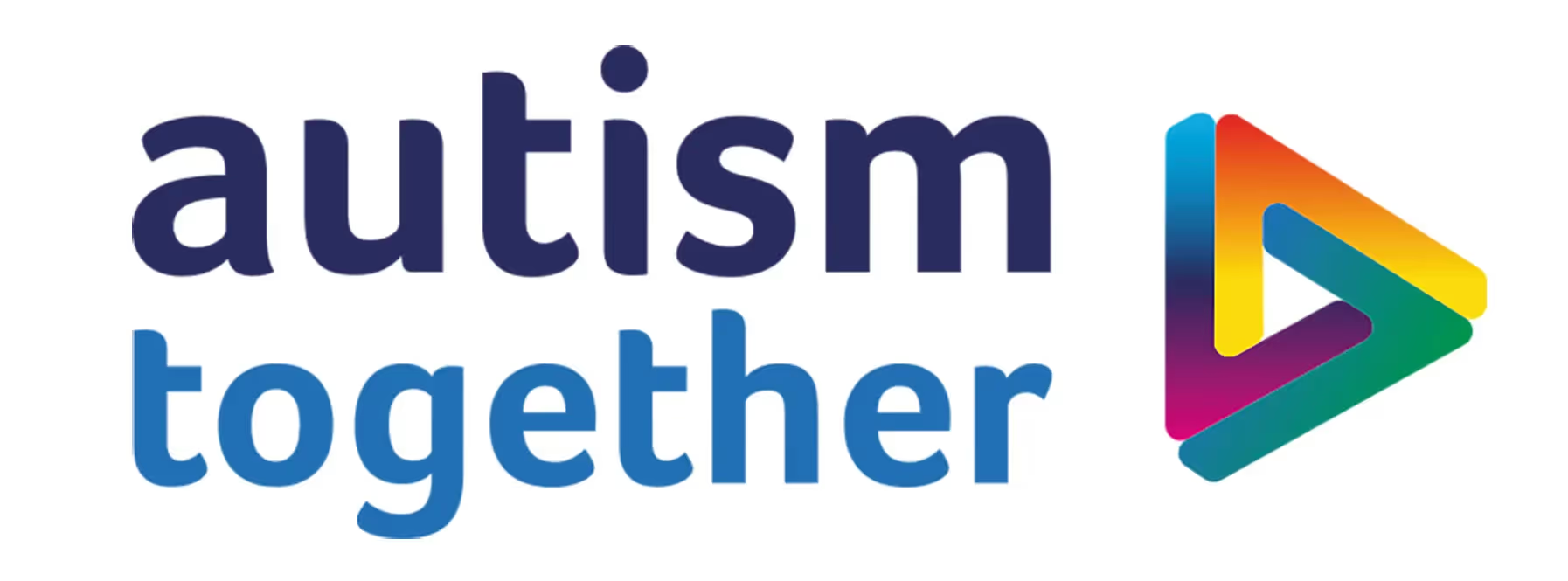


.avif)


.avif)
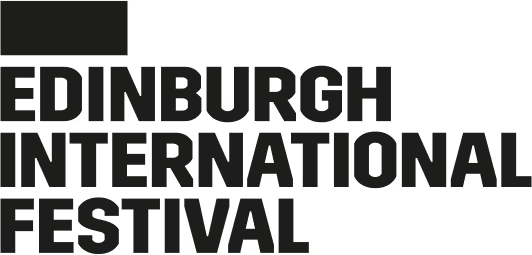



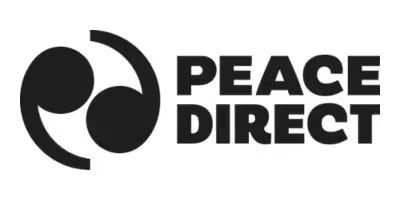


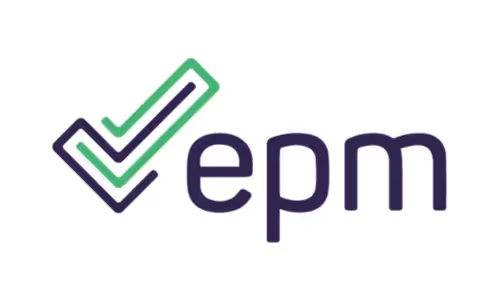


.avif)
